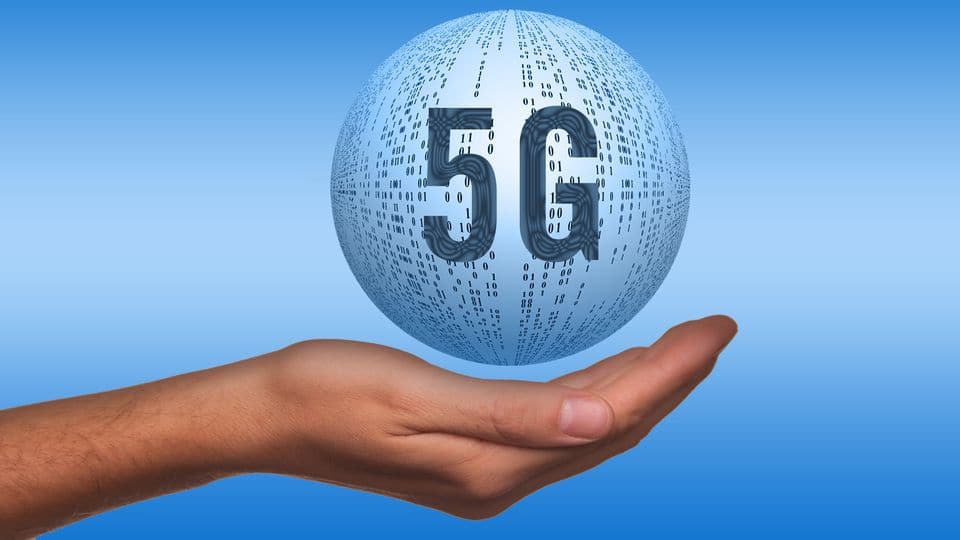
Nokia, Xiaomi and others to launch 5G smartphones by 2019
What's the story
Qualcomm today announced a partnership with major mobile phone manufacturers such as Asus, HMD Global (Nokia seller), LG, Sony Mobiles, Xiaomi, etc. for the launch of 5G-enabled smartphones.
These companies will be using Qualcomm's Snapdragon X50 5G NR modem suite in their phones to make them 5G capable.
The first wave of 5G-enabled phones is expected to hit the global market by 2019 end.
Quote
Qualcomm's press release on the partnership
"The arrival of 5G will expand mobile into new spectrum bands and all spectrum types, allowing for enhanced mobile broadband and increasing the overall average download speeds for virtually all smartphone users," said Qualcomm in a press release.
Ericsson RAN
Ericsson's software to enable launch of 5G services in 2018
Qualcomm's announcement comes shortly after Ericsson launched its Radio Access Network (RAN) commercial software for operators.
The software, which is based on the recently approved 3GPP 5G New Radio (NR) standard, will enable operators launch 5G services as early as the fourth quarter of 2018.
Ericsson claims that the software will boost growth of data traffic, high resolution content, use of AR, VR etc.
5G & India
Adopting 5G technology is on the mind of the government
5G technology got a special mention in the Union Budget 2018 earlier this month.
In a bid to improve India's capacity to adopt the technology, the government has proposed setting up 5G centres across India with the help of IIT-Madras.
5G technology, which affects devices beyond smartphones, is expected to revolutionize communications, and allow for a whole host of new possibilities.
Impact
The effect of 5G will be felt across various sectors
5G technology allows for multi-gigabit per second data transfer rates, and very low latency.
It's said to be 10 times faster than 4G, and can download high-resolution video content like 4K movies in less than 30 seconds.
Owing to low latency, 5G is expected to drive data-hogging technologies like augment reality, virtual reality, internet-of-things etc., and will impact robotics, smart cities, education, healthcare etc.